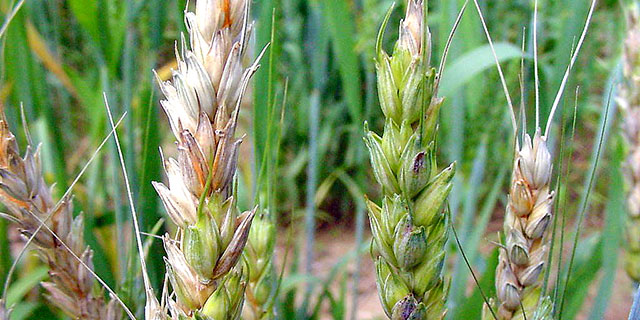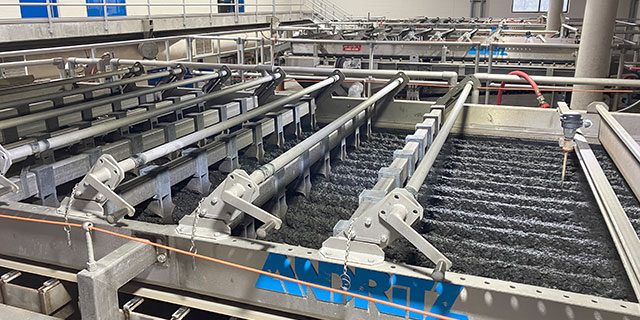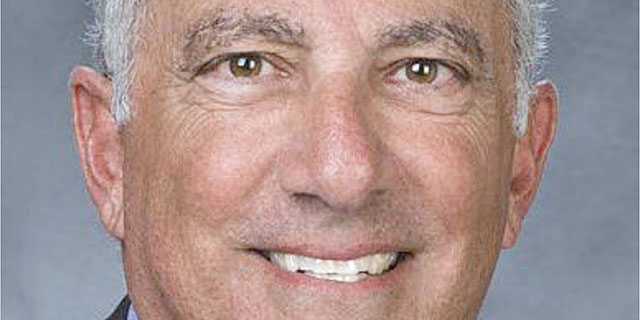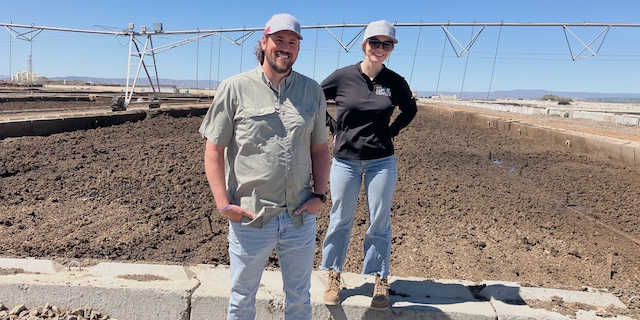Oregon Potato Commission CEO to retire
Published 11:15 am Wednesday, February 6, 2019

- Bill Brewer will retire June 30 as CEO of the Oregon Potato Commission.
PORTLAND — As CEO of the Oregon Potato Commission since 2005, Bill Brewer has helped the industry to defeat new pests, develop new varieties and expand trade to new overseas markets.
Working with the state potato commissions in Washington and Idaho, Brewer said the Northwest has tripled its research budget and formed the Potato Variety Management Institute, a nonprofit organization to handle the licensing and royalty collection on new Tri-State potato varieties such as Willamette and Owyhee Russet.
After 14 years, Brewer, 68, is set to retire from the commission on June 30, leaving behind shoes that fellow growers say will not be easy to fill.
“You have never heard anybody say a bad thing about Bill Brewer,” said Mark Ward, commission chairman and potato farmer near Baker City, Ore. “He’s well respected by the industry.”
Ward said the commission is interviewing candidates and plans to hire a new CEO before Brewer steps down. The commission concentrates on four key areas, including trade, research, consumer education and legislative proposals to advocate on behalf of farmers.
Brewer is a lifelong Oregonian, raised near the tiny Eastern Oregon city of Adrian. He graduated from Adrian High School in 1969, then earned his bachelor’s degree in agriculture education from Oregon State University in 1974.
From there, Brewer landed in Hermiston, Ore., in the spud-rich Columbia Basin where he began farming with his father and three older brothers. They grew a variety of crops, including potatoes, corn, onions and alfalfa.
Later, he specialized in alfalfa and grass hay for horses.
Still, Brewer said potatoes were always his first love.
“It takes a lot of management, a lot of daily input, to raise a good quality potato,” Brewer said. “It was just what I liked to do. Things you would do every day would make a difference.”
It was Tony Amstad, of Amstad Farms in Hermiston, who informed Brewer of an opening at the Oregon Potato Commission and encouraged him to apply.
When Brewer came aboard in 2005, he faced a crisis right off the bat with the discovery of potato tuberworm, a damaging pest that threatened sales across state lines as growers worried about cross-contamination.
Shortly after that, another pest — this time the potato cyst nematode — was found in eastern Idaho. At the same time, Oregon, Washington and Idaho were starting the Potato Variety Management Institute, promoting new varieties across the three states.
“When I first started, the main demand was trying to keep our state organizations working together,” Brewer said.
“It was fun,” he added with a chuckle.
To that end, Brewer said the organizations homed in on boosting research to overcome issues in the field. Priorities include managing pests and diseases, perfecting new varieties for fresh and processing markets and forging tight relationships with trade partners.
About 65 percent of Oregon potatoes are now sold overseas, the top markets being Japan, Canada and Mexico.
“That’s the real growth in Pacific Northwest production, is international markets,” Brewer said.
Ward said maintaining those alliances will be key to the industry moving forward, as will continuing research, which Brewer kept at the forefront of the commission’s budget.
“Research helps us solve problems that cause our potatoes to be rejected,” Ward said. “Until you’ve had a crop rejected and you get no paycheck, that’s pretty tough to understand.”
From the Columbia Basin to Southern Oregon, Brewer said the state grows some of the highest quality potatoes in the country, whether for fresh markets or french fries and chips.
“I believe that in Oregon you can buy a really nice selection of different types of potatoes, whether it’s a specialty (variety) from the Klamath Falls area or a really good french fry one from Hermiston or Baker City,” he said. “Oregon stands out.”






